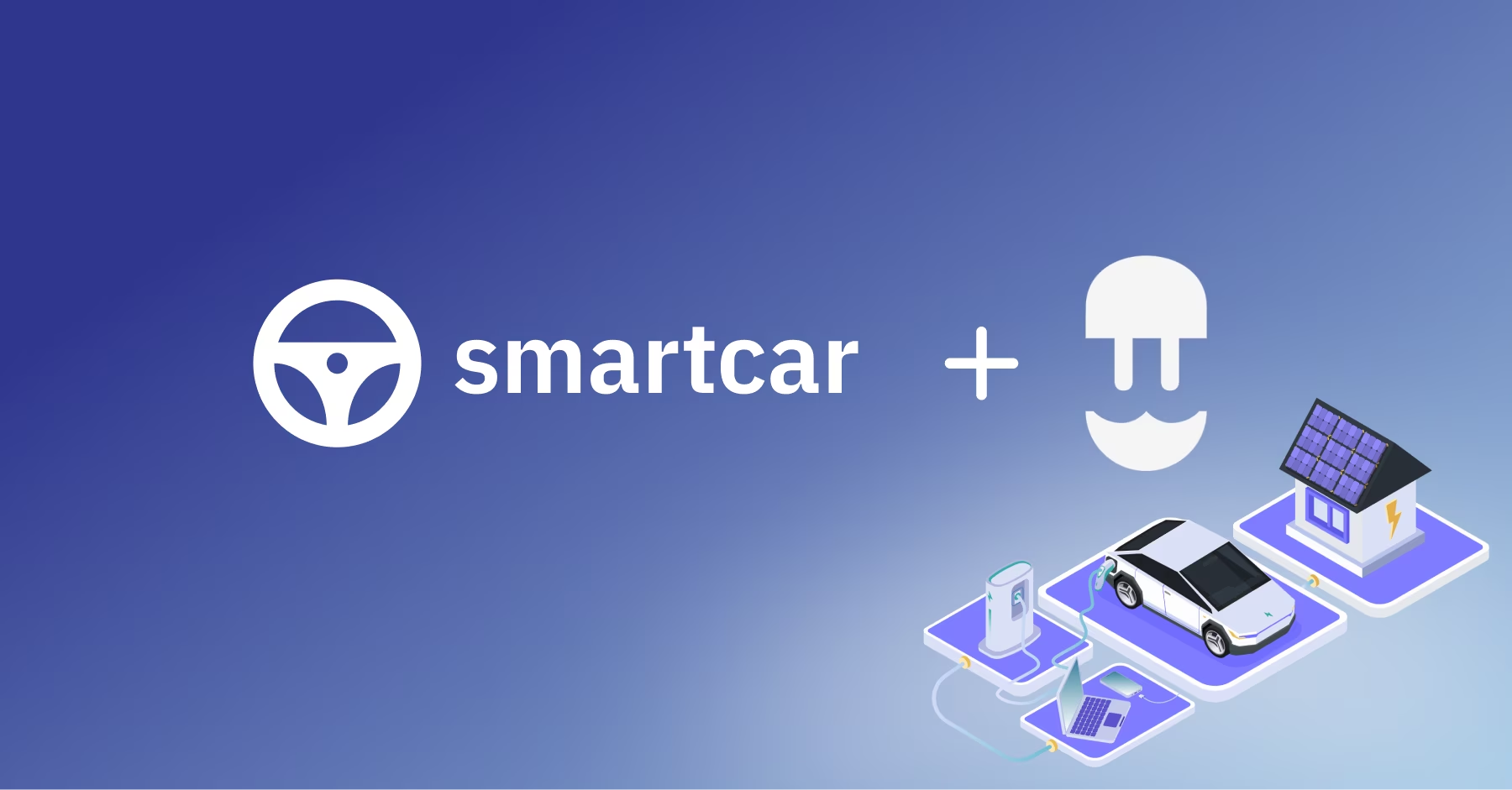A developer friendly API for Jeep vehicles
Mobility apps and services use Smartcar’s API to verify mileage, manage EV charging, track fleets, and more. Our API platform allows vehicle owners to log in with their Uconnect account and connect their car to your app in just a few clicks.

What is Smartcar?

The Smartcar difference
- A powerful developer experience
Customizable, collaborative, and user-friendly features for faster development. Our developer tools include robust docs, 8 SDKs, consent management, test simulators, dashboard insights, and more.
- Extensive vehicle support and growth
Integrate once and maintain a single integration across 39 car brands in North America and Europe.
- A commitment to consumer data privacy
A granular permissions system that enhances data protection and transparency for vehicle owners.
Product features
- Compatible withJeeptelematics
Extensive documentation and SDKs
Friendly user consent flow
Trusted & secure
Access to live car data
No need for aftermarket hardware
Compatible with your Jeep
Our API platform is compatible with 40 vehicle brands including Jeep. Whether you have the Jeep Compass, the Grand Cherokee, or the Wrangler, your app can connect to all Jeep models that support the Uconnect app.


.jpg)

